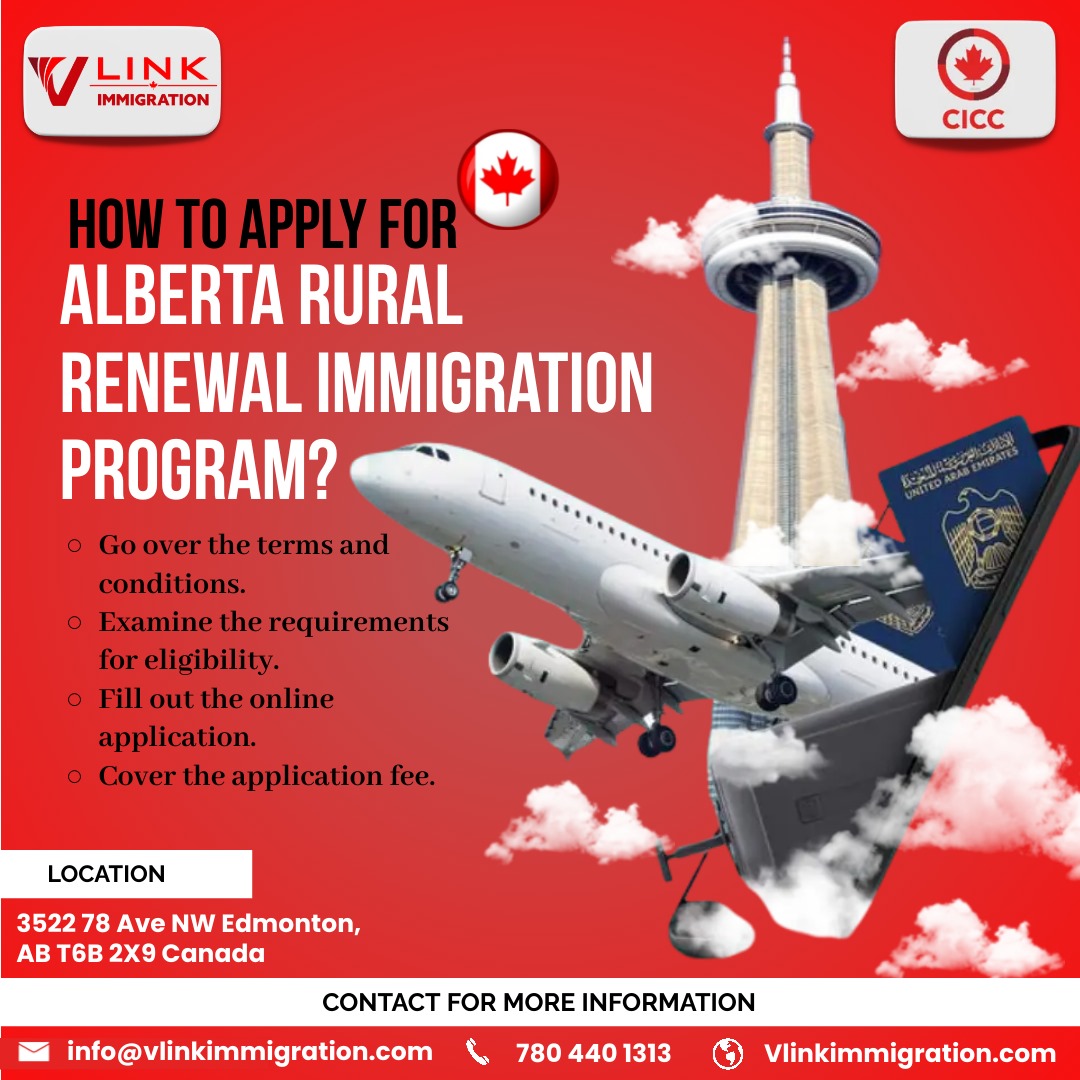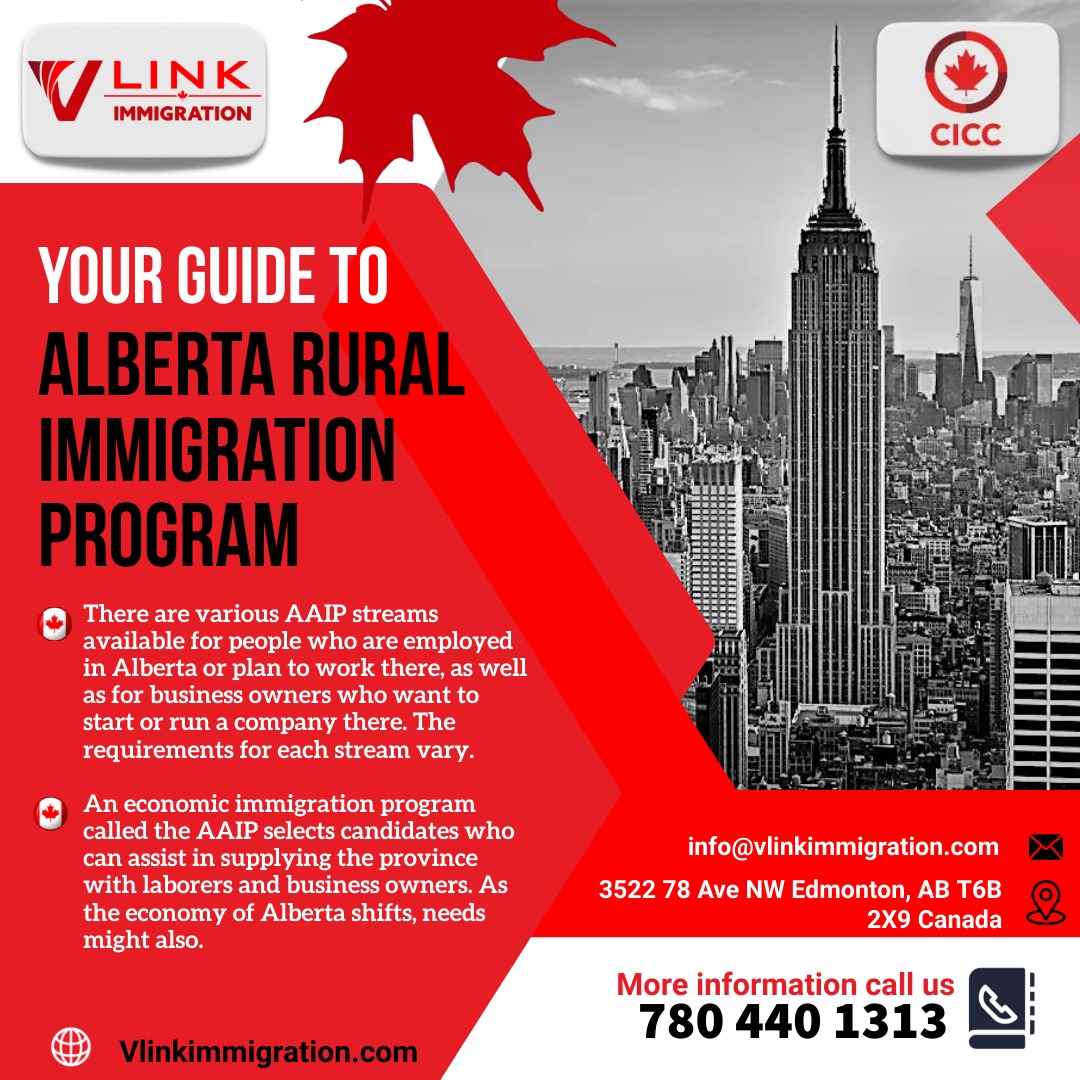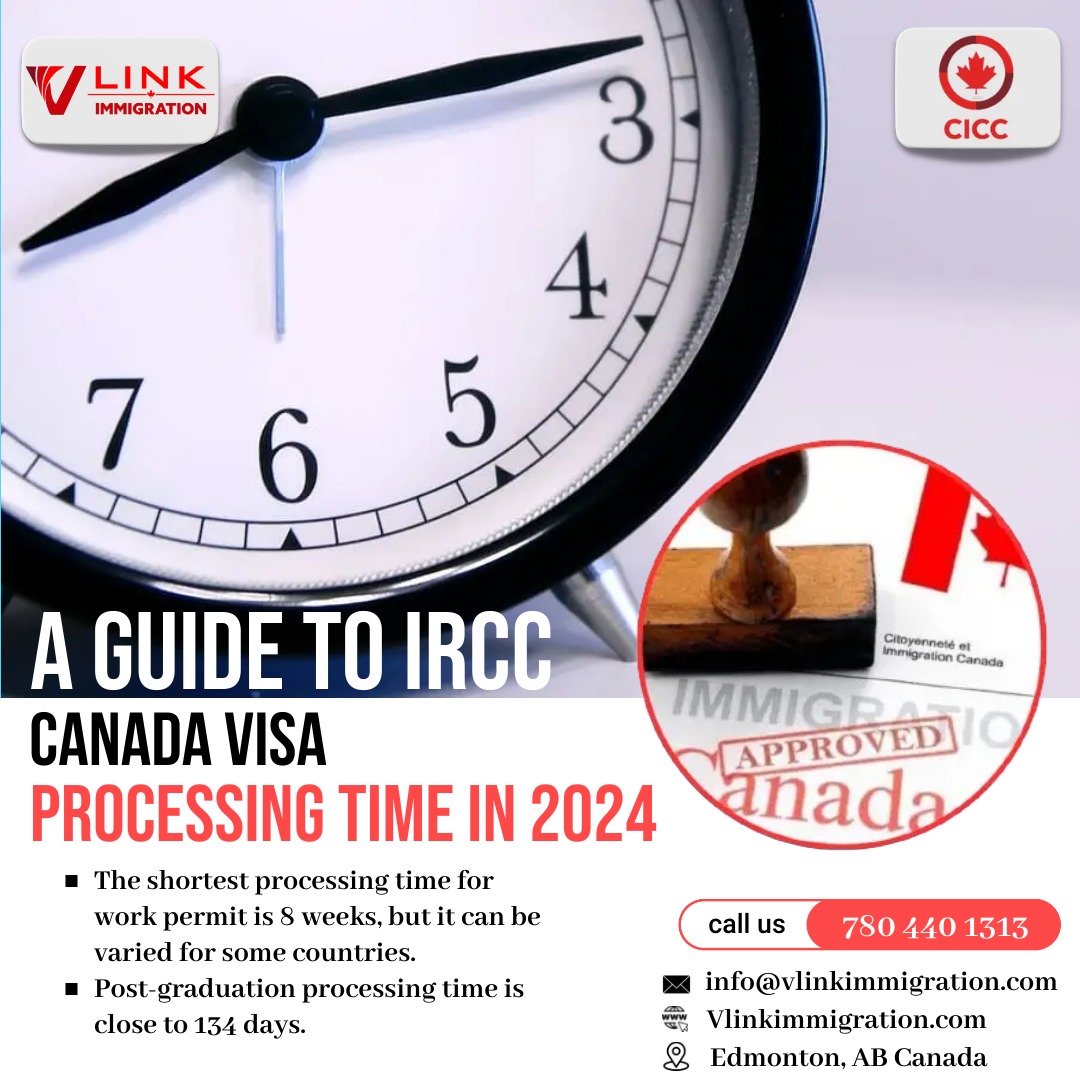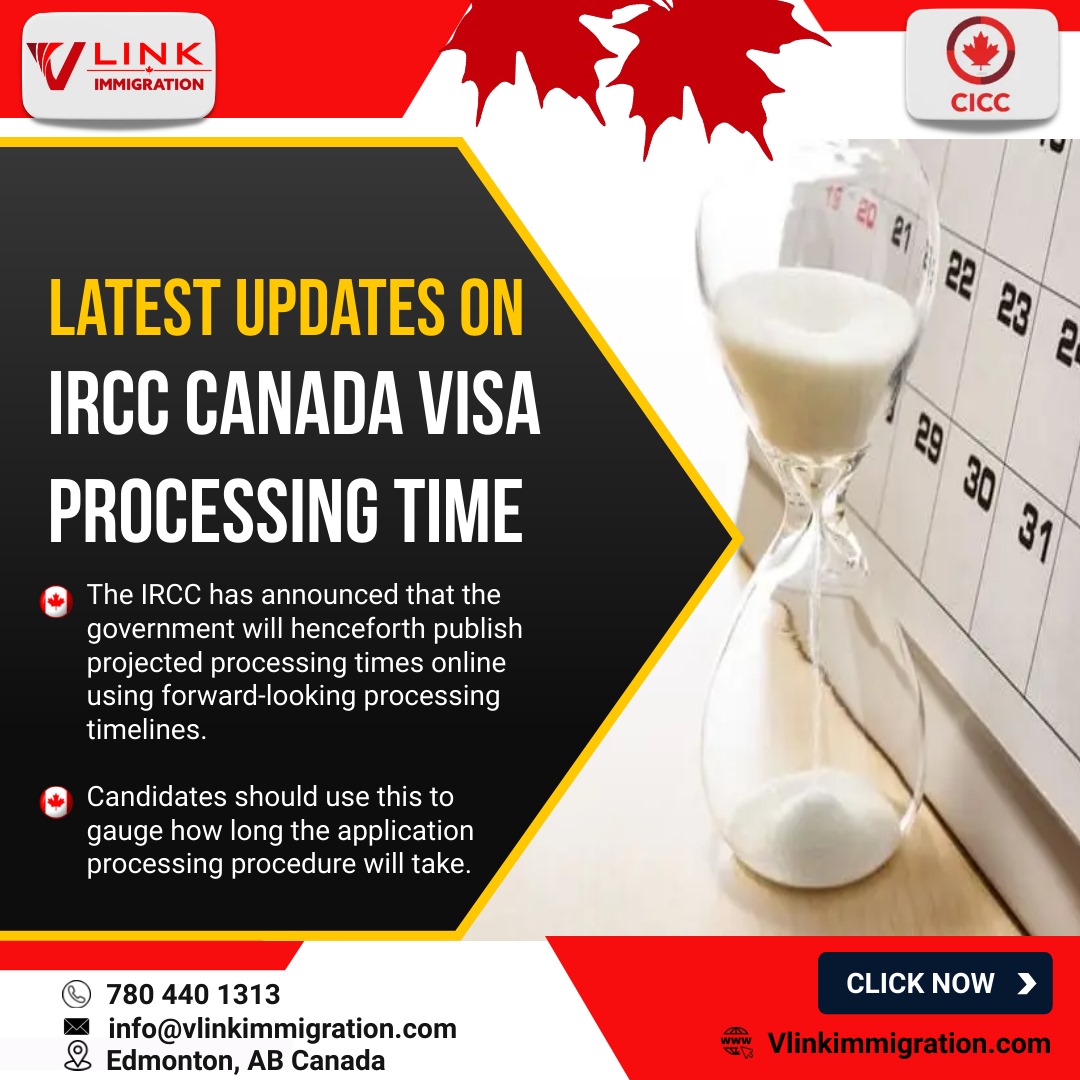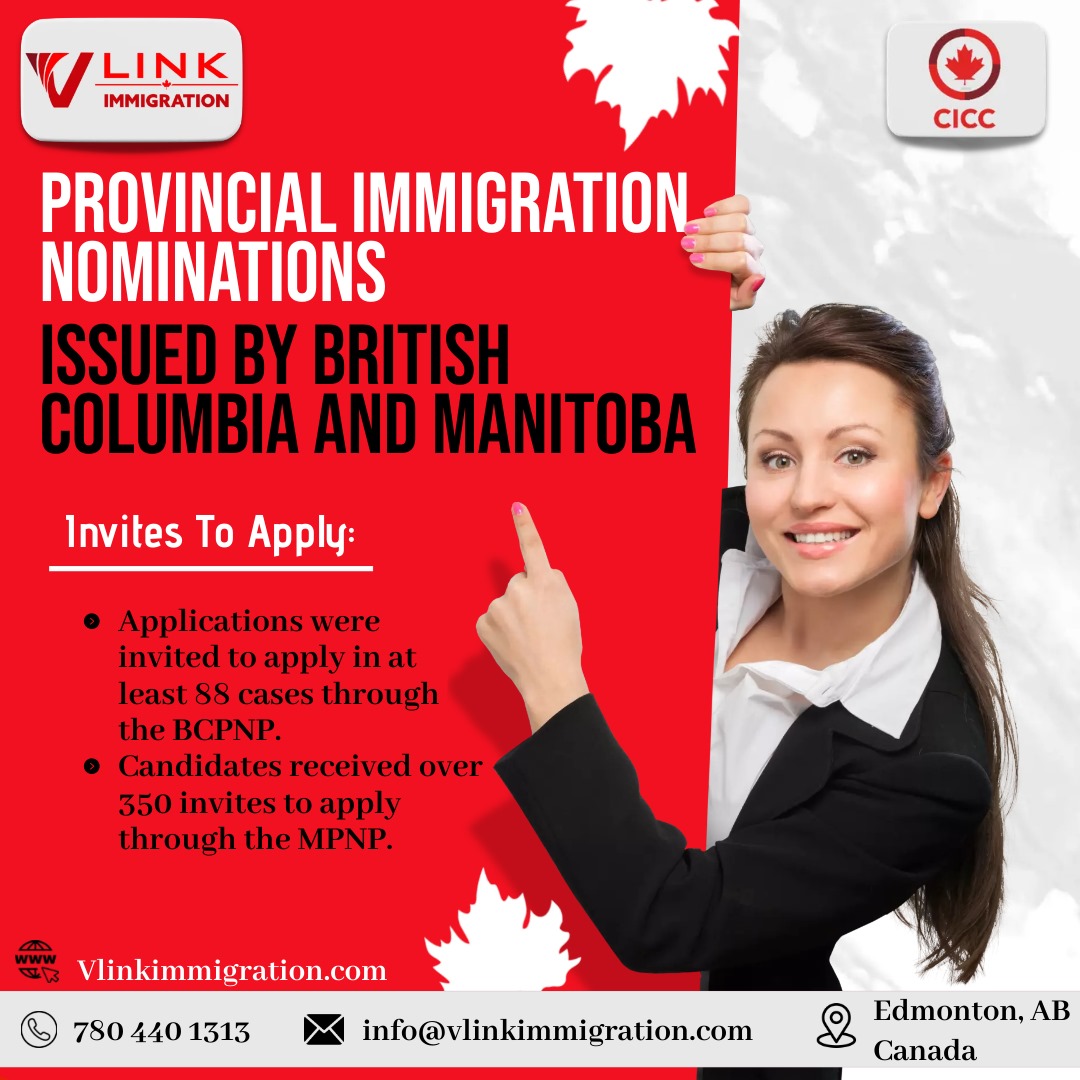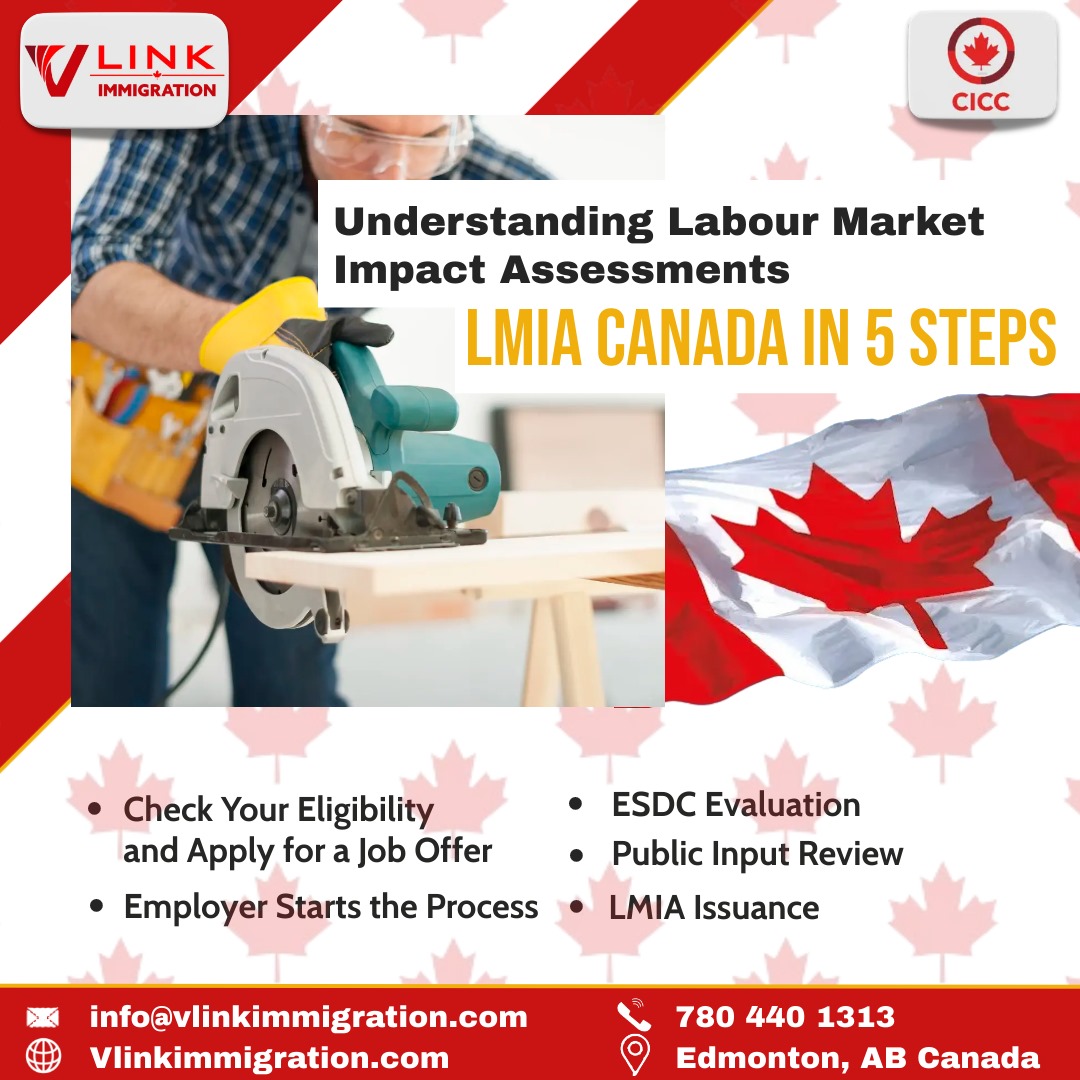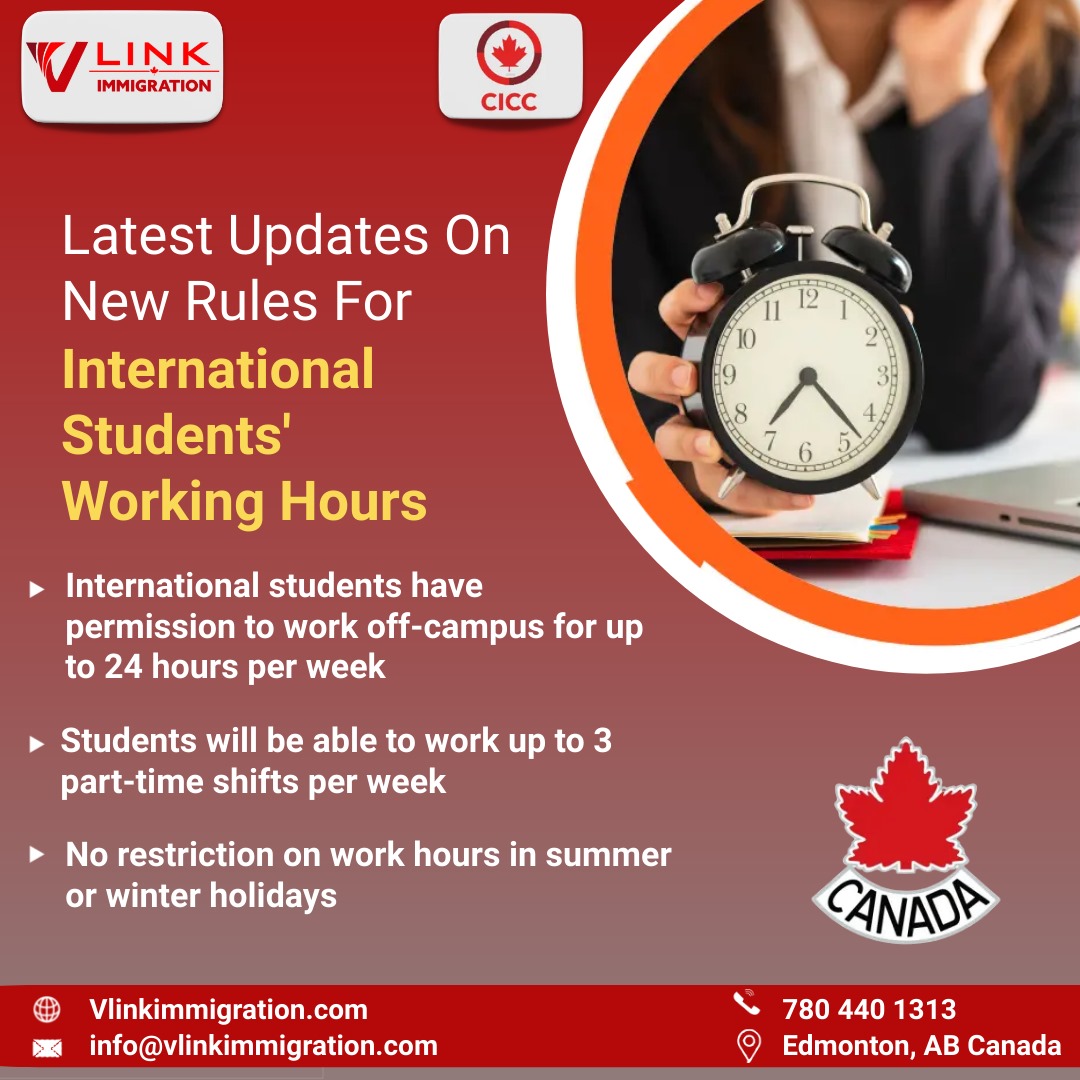The Alberta Rural Renewal Immigration Program (ARIP) recruits talented workers to rural Alberta to fill labor shortages and promote cultural diversity. The Alberta Provincial Nominee Program (PNP) offers a unique path to permanent status in Canada. ARIP aspires to restore rural villages so immigrants can enjoy fulfilling lives in peaceful and inviting environments.
The ARIP is an attractive opportunity for talented workers wishing to start over in Canada. This step-by-step guide will help you investigate rural locations, find a job, meet qualifying requirements, and apply for ARIP. With diligent preparation and program compliance, you can boost your chances of getting a nomination and permanent residency in Alberta’s bustling rural towns.


